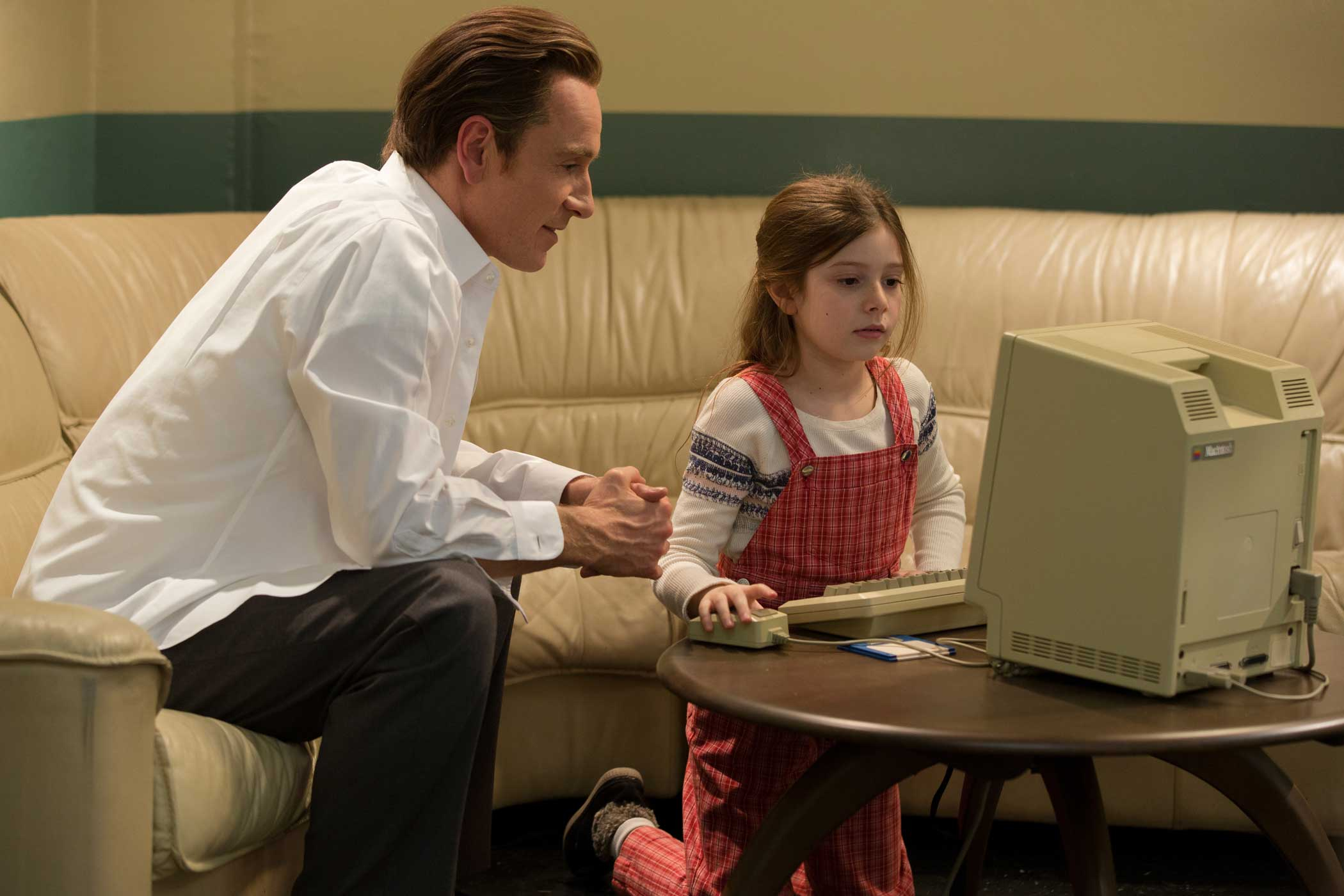
Warning: Contains spoilers for Steve Jobs
In the opening act of the new movie Steve Jobs, the titular character—a sort of fictionalized version of the real former Apple co-founder and CEO—rips open a box to find hundreds of issues of TIME magazine. Because this is an Aaron Sorkin film, the discovery sets Jobs off on a rant. He was almost named TIME’s Person of the Year for 1982, he claims, except that someone at Apple revealed he had a secret daughter, was denying paternity and paying her mother a mere $385 per month in child support, despite being worth hundreds of millions.
TIME indeed picked a rather unconventional person of the year that year—or, rather, non-person of the year. The Computer scored the honor, with the issue’s letter the publisher noting that no single human “symbolized the past year more richly, or will be viewed by history as more significant, than a machine.” The magazine included several stories on why the computer was changing the world, including a profile of Jobs written by Jay Cocks. But Jobs didn’t make the cover, and the 1983 TIME snub goes on to play a pivotal role in the three-act film about Jobs.
The real-life profile that so upsets the movie version of Jobs introduces him as the individual who has done the most to fuel the computer’s early-’80s rise to the “cultural ozone.” Jobs, then only 27, had just overseen Apple’s best year yet, during which it was valued at $1.7 billion and pulled in sales up to $538 million, bringing Jobs’ personal worth north of $210 million. “But past the money, and the hype, and the fairy-tale success, Jobs has been the prime advanceman for the computer revolution,” Cocks wrote. “With his smooth sales pitch and a blind faith that would have been the envy of the early Christian martyrs, it is Steven Jobs, more than anyone, who kicked open the door and let the personal computer move in.”
Those words might seem like enough to make any computer executive happy, but not everything in the story was positive. Here are the relevant sections that make a difference in the movie:
Jobs (rhymes with lobs) did not make the revolution alone. He did not even make the machine that made the revolution, the Apple II, the personal computer that along with its other skills seemed to mint money. Stephen Wozniak, 32, Jobs’ friend and former colleague who looks like a Steiff Teddy bear on a maintenance dose of marshmallows, created the Apple II. He worked from some pre-existing technology, scaling it down radically and making it affordable to consumers as well as corporations. “Steve didn’t do one circuit, design or piece of code,” says Wozniak, who was widely regarded as the true technological wizard in Jobs’ corporate Oz. “He’s not really been into computers, and to this day he has never gone through a computer manual. But it never crossed my mind to sell computers. It was Steve who said, ‘Let’s hold them up in the air and sell a few.’ ”
…
Jobs has been instrumental in selling hundreds of thousands, possibly millions, of Americans on the new technology. He insisted that the Apple II be what the jargon calls “user friendly.” He wanted it light and trim, well designed in muted colors, and today pushes his engineers hard to make machines that will not frighten away a skittish and skeptical clientele. The Jobs sales skills will be hard pressed in the months to come. In mid-January, Apple will introduce Lisa, a new model that the company has been working on full-time for four years and that is expected to sell for $10,000. Later in the year, it will officially announce Mackintosh, a more affordable version of Lisa, priced around $2,000. Some of a staff of 70—one of whom is still a teen-ager—are putting in seven-day, 90-hour weeks on Mackintosh, working under Jobs. As a boss, Jobs is admired for courting long chances, but, adds a friend, “something is happening to Steve that’s sad and not pretty, something related to money and power and loneliness. He’s less sensitive to people’s feelings. He runs over them, snowballs them.” Adds Jeff Raskin, a former Apple publications manager: “He would have made an excellent King of France.”
…
[By 1980,] Jobs, hyper and overwrought from the flush of such success, would occasionally burst into tears at meetings and would have to be cooled out with a slow walk around the parking lot. His personal life was also precarious. He again met the woman with whom he had spent the summer in the mountains, and she became pregnant before they finally broke up anew. The baby, a girl, was born in the summer of 1978, with Jobs denying his fatherhood and refusing to pay child support. A voluntary blood test performed the following year said “the probability of paternity for Jobs, Steven. . . is 94.1%.” Jobs insists that “28% of the male population of the United States could be the father.” Nonetheless, the court ordered Jobs to begin paying $385 a month for child support. It may be noted that the baby girl and the machine on which Apple has placed so much hope for the future share the same name: Lisa.
Don’t feel too sorry for the Apple tycoon. He did grace the cover of TIME eight times: in a 1982 story on how he made Apple a sensation, a 1997 story covering the Apple-Microsoft deal, a 1999 story on Pixar, a 2002 story on the iMac, a 2005 story on the future of Apple, a 2007 cover on the World’s 100 most influential people, a 2010 story on the iPad launch and a 2011 story on his death. Still, Jobs never was named Person of the Year.
See the full issue, here in the TIME Vault: Machine of the Year
Check Out These Pictures of Michael Fassbender As Steve Jobs
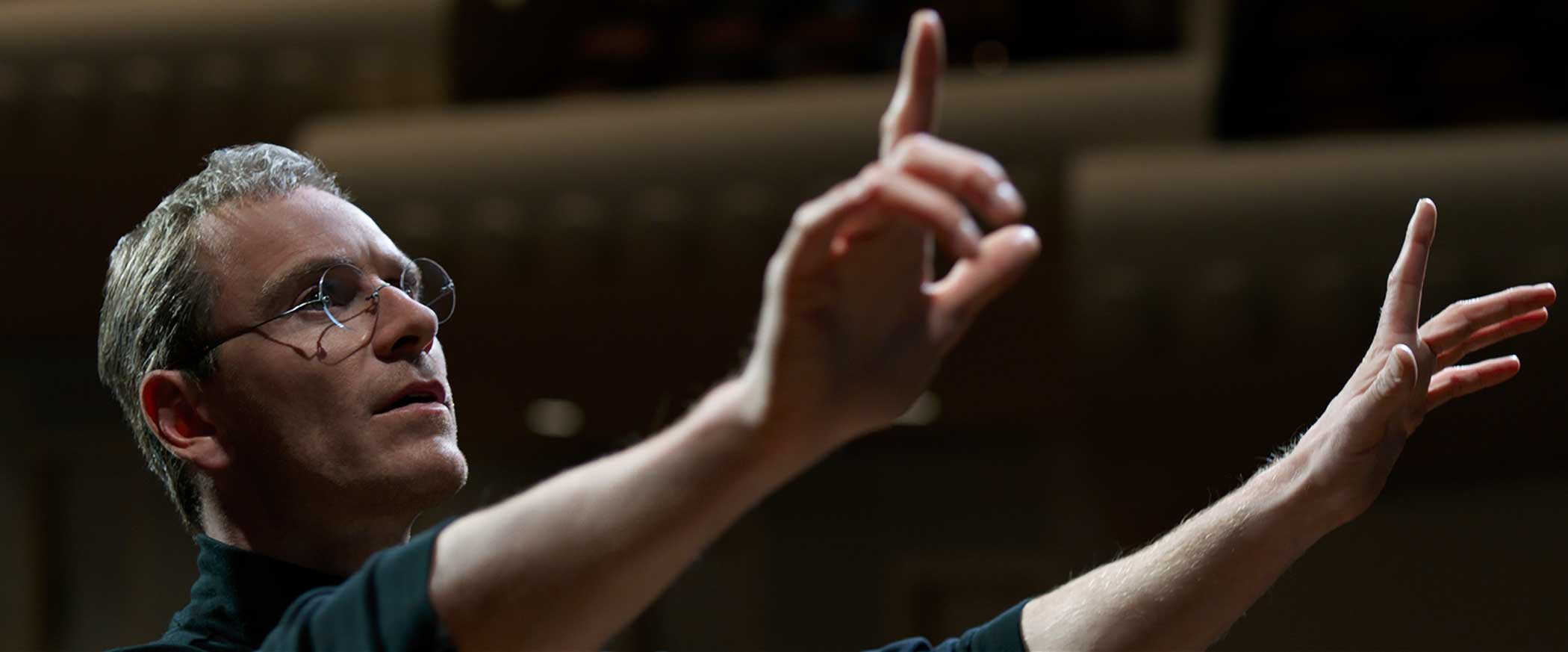
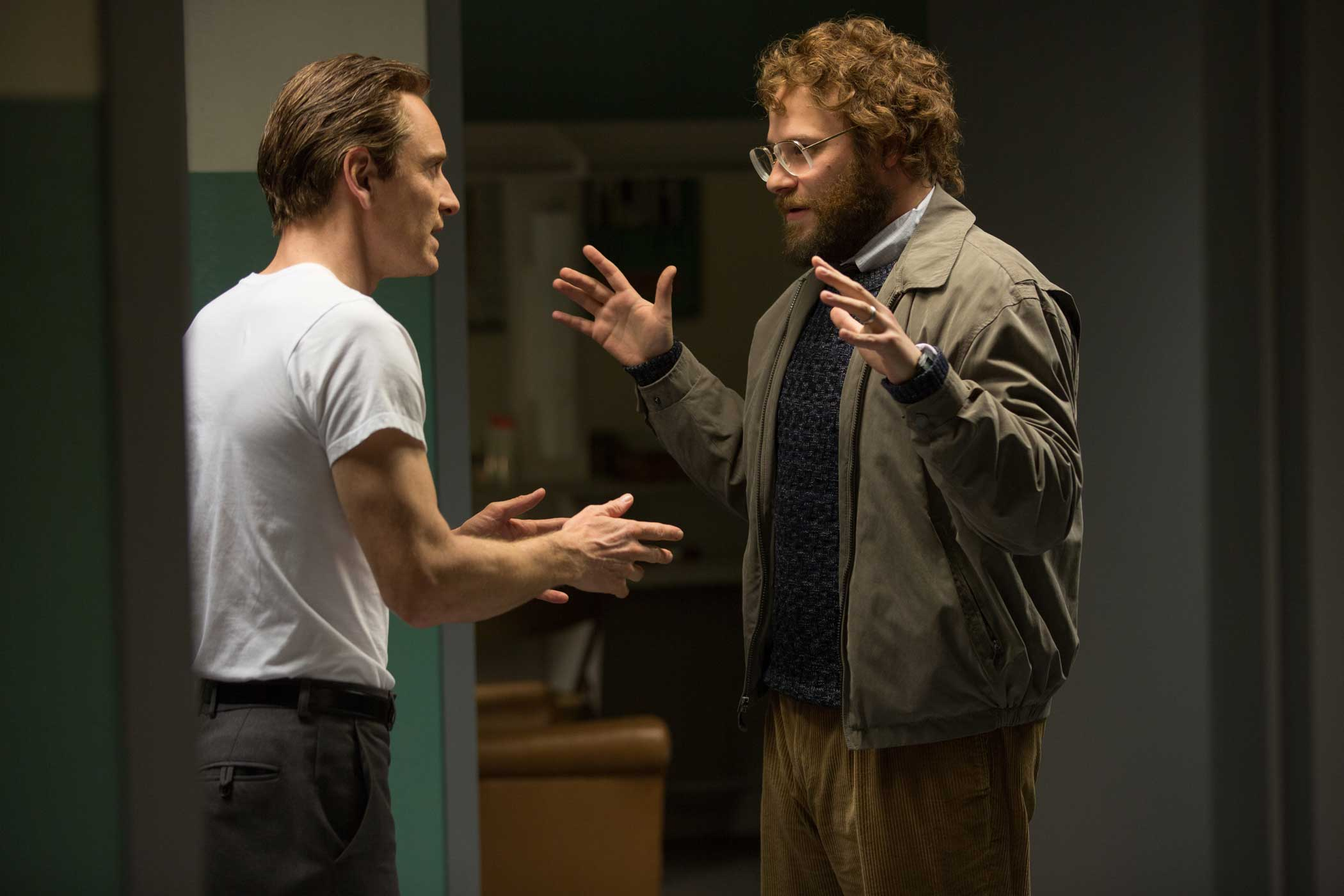
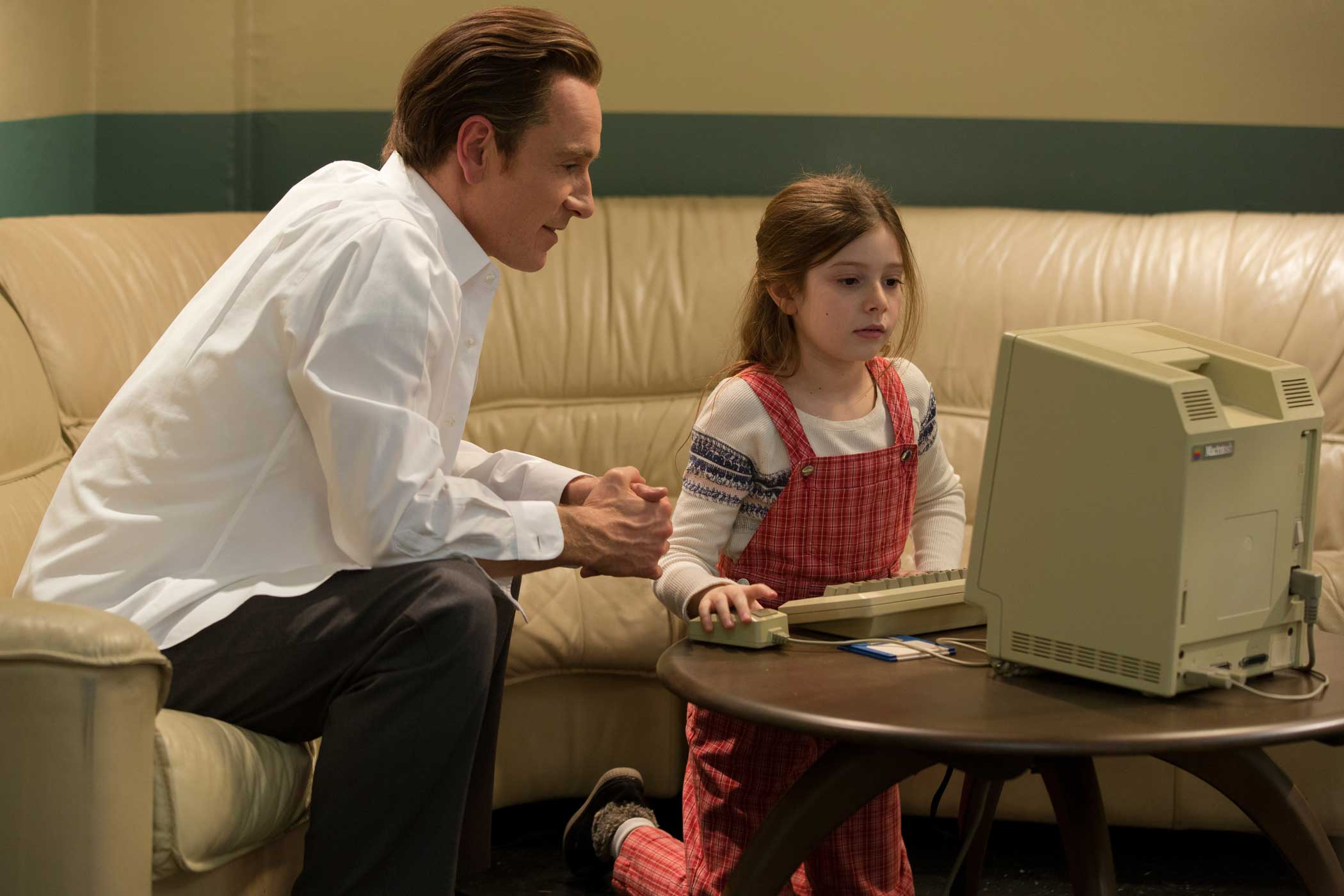
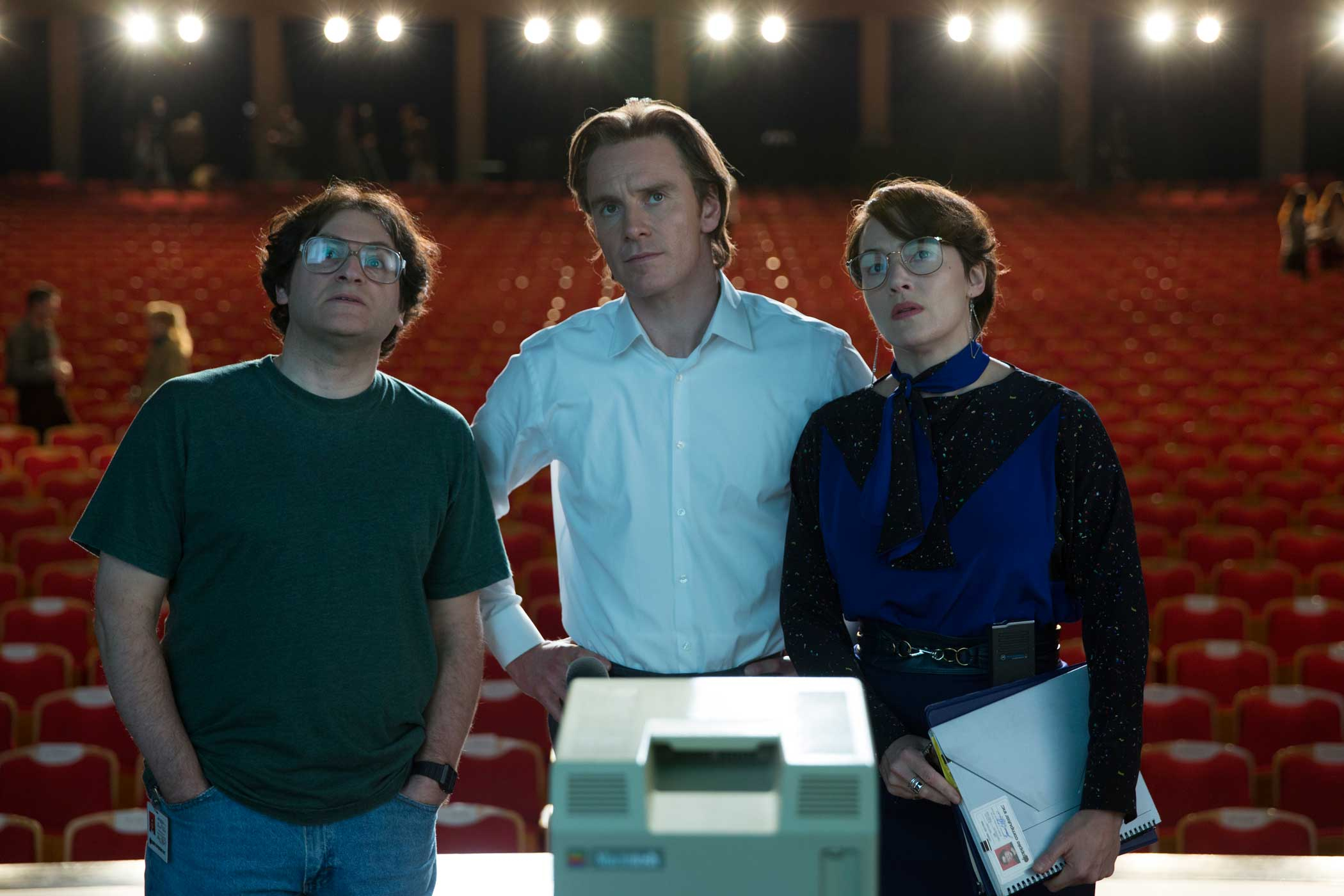
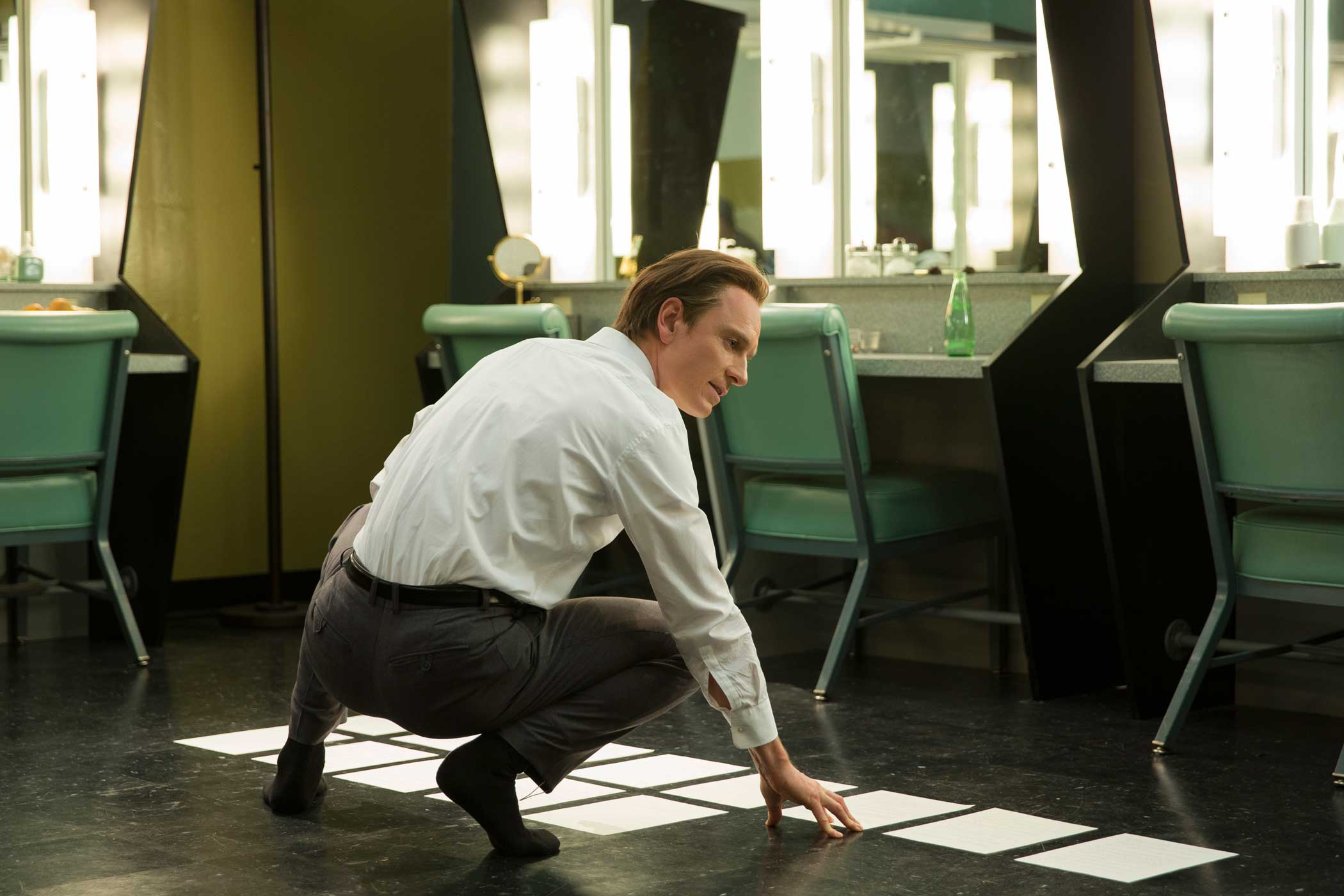
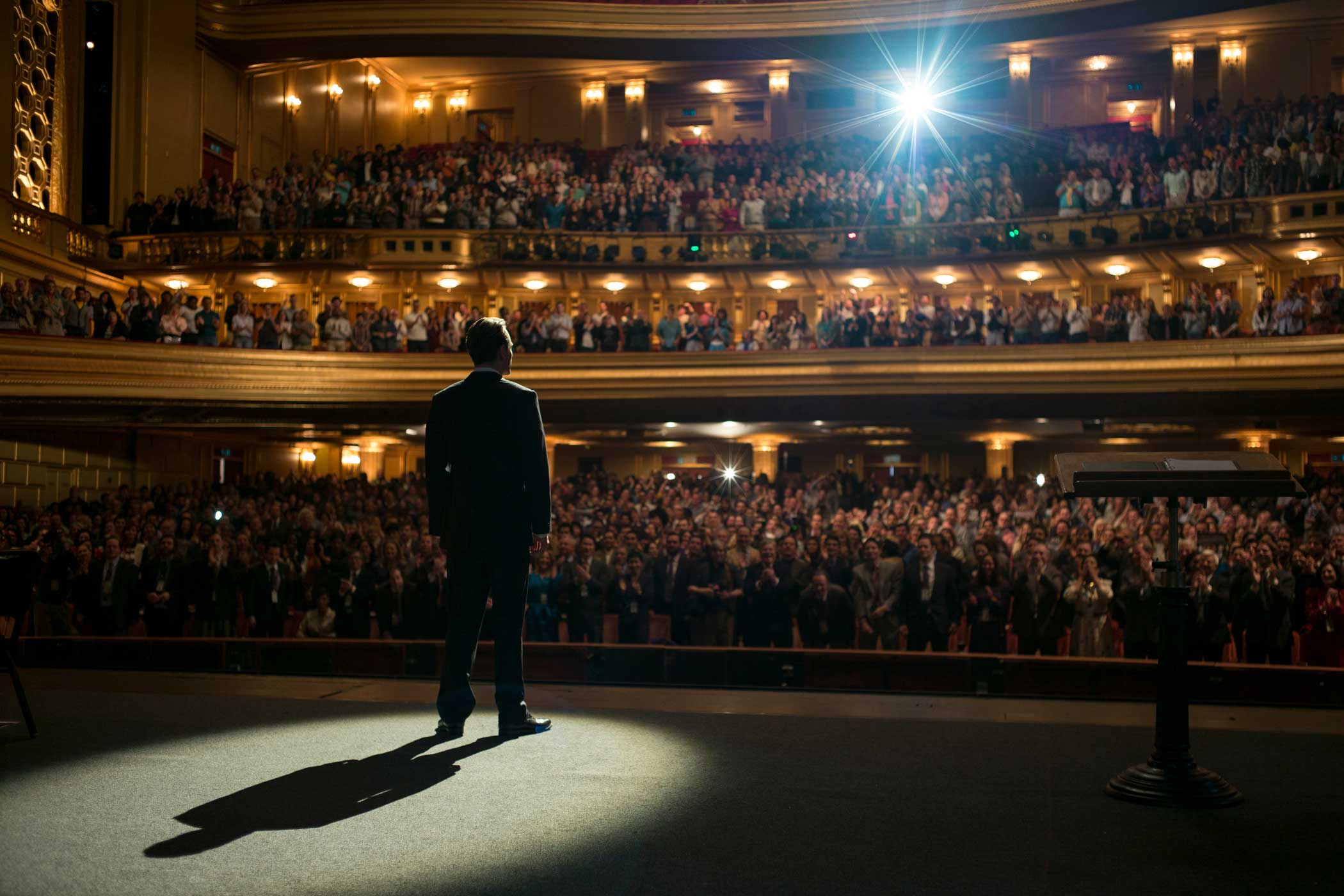
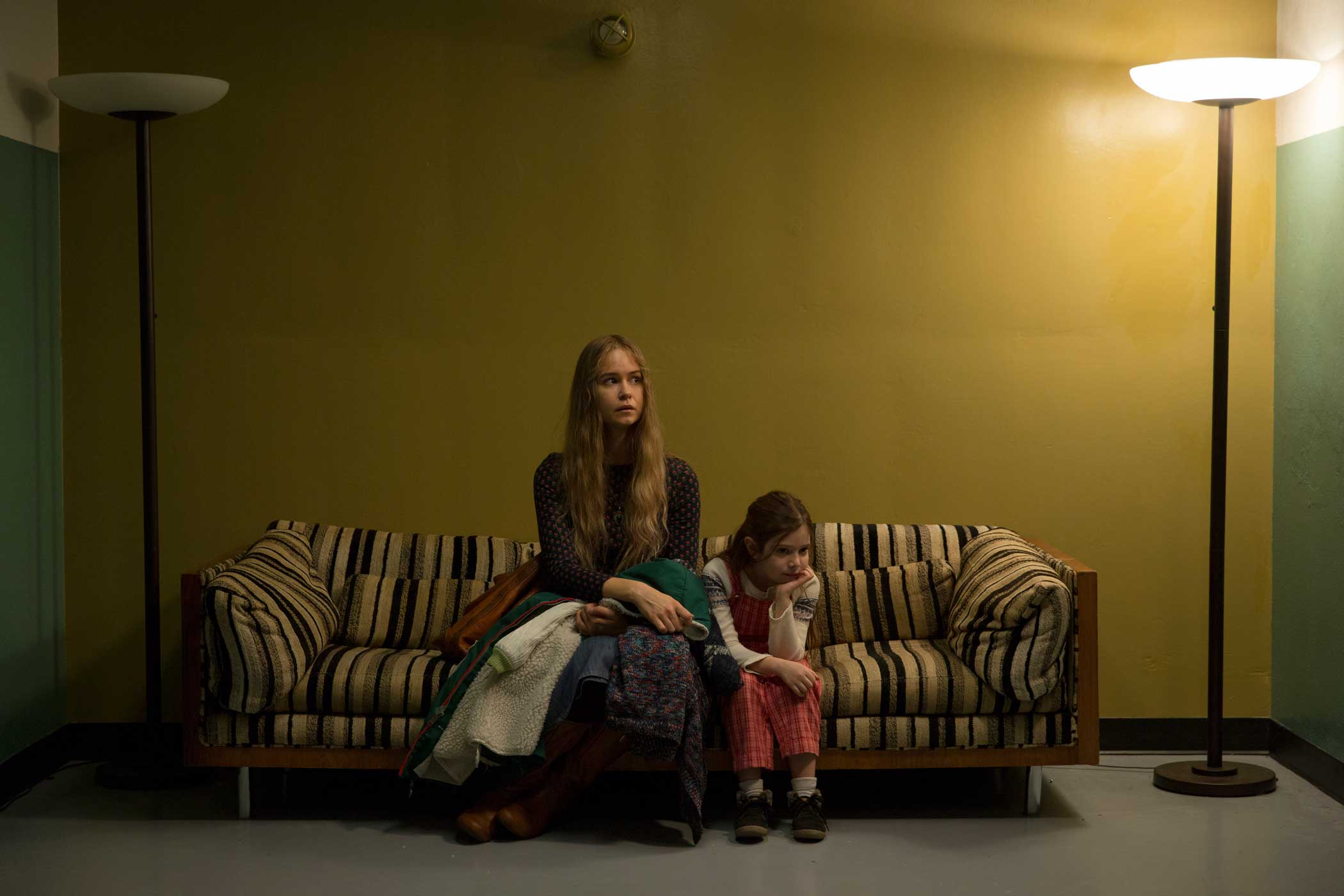
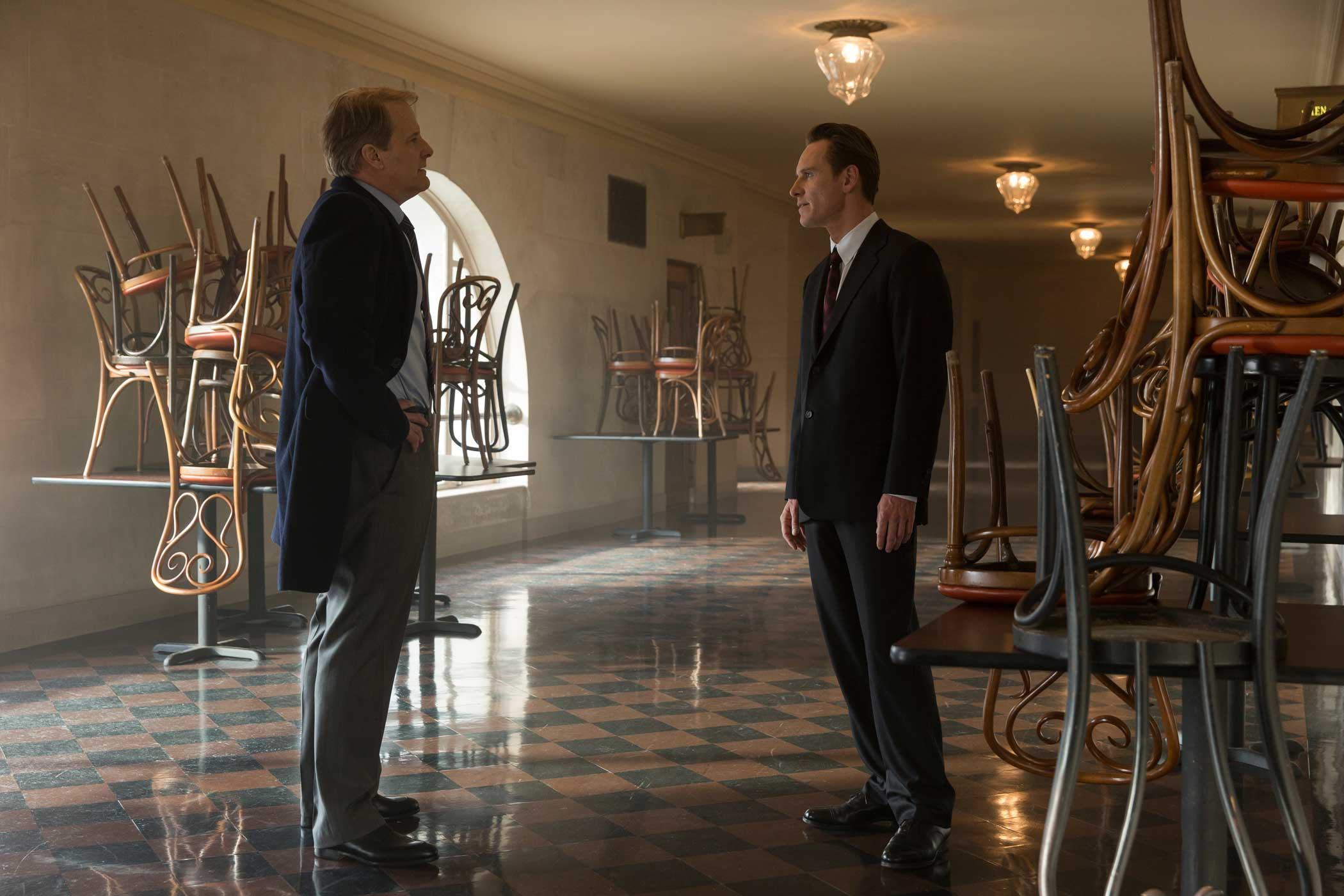
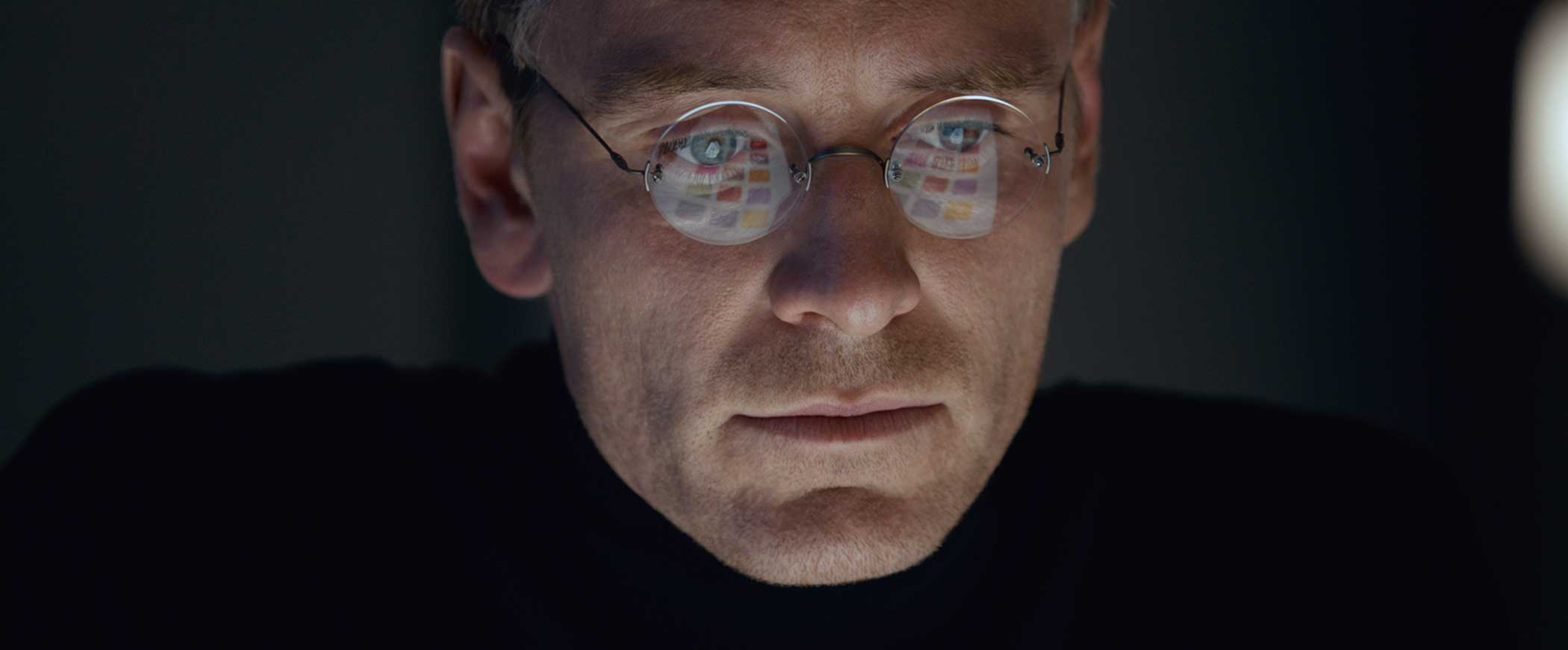
More Must-Reads From TIME
- The 100 Most Influential People of 2024
- Coco Gauff Is Playing for Herself Now
- Scenes From Pro-Palestinian Encampments Across U.S. Universities
- 6 Compliments That Land Every Time
- If You're Dating Right Now , You're Brave: Column
- The AI That Could Heal a Divided Internet
- Fallout Is a Brilliant Model for the Future of Video Game Adaptations
- Want Weekly Recs on What to Watch, Read, and More? Sign Up for Worth Your Time
Write to Eliana Dockterman at eliana.dockterman@time.com